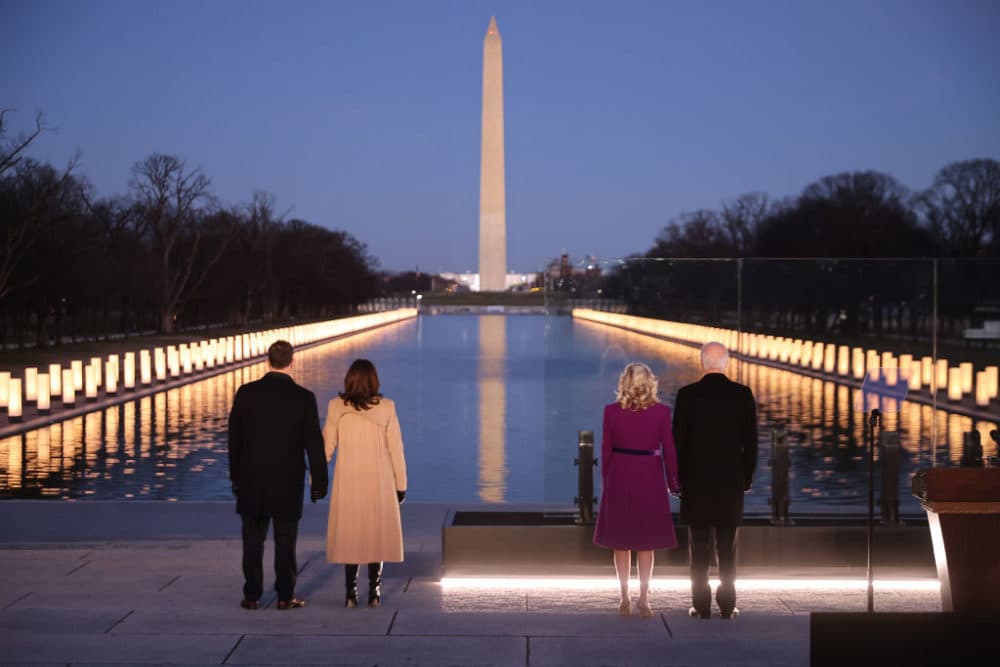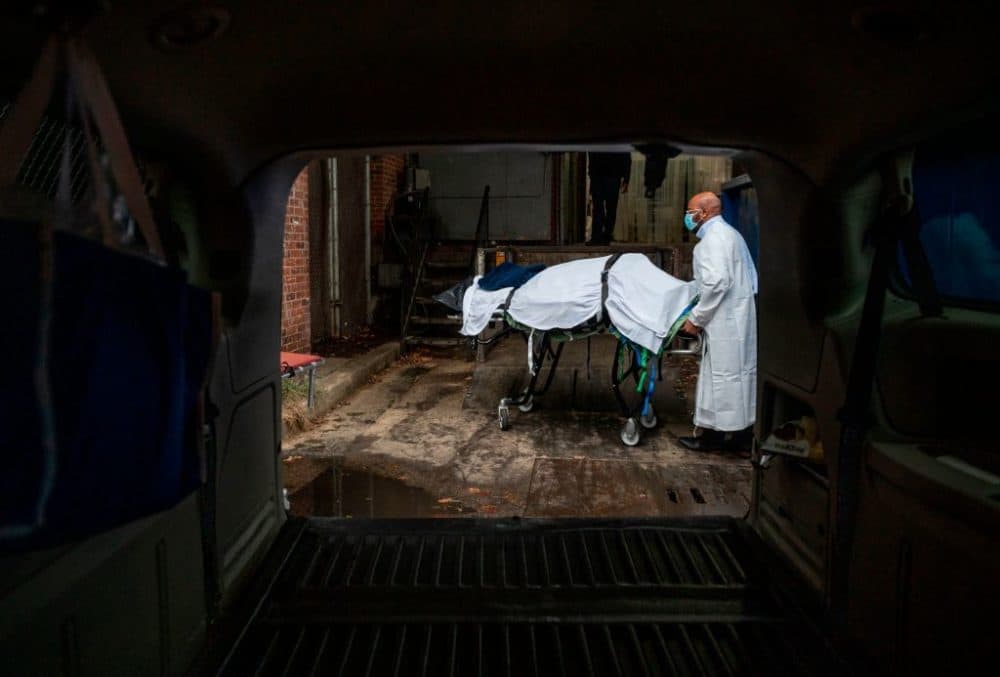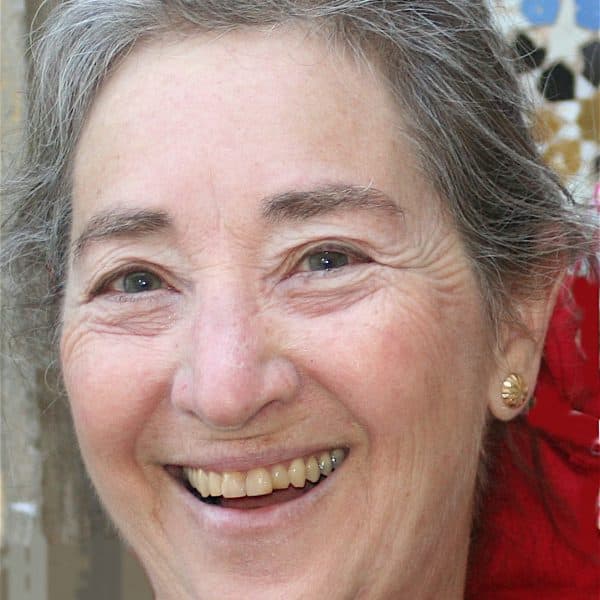Advertisement
Commentary
'An American Eldercide': Some 39% Of COVID Deaths Are In Nursing Homes. We Must Do Better

In the midst of the pandemic, and on the eve of his inauguration, President-elect Joe Biden has chosen to commemorate the dead. This is the “solemnest of industries, enacted upon Earth,” in the words of Emily Dickinson, our national poet of mourning.
The candle-lighting ceremony at the Lincoln Memorial reflecting pool this evening may be joined by communities across the country, as buildings are lit up and bells are rung to mark a “national moment of unity and remembrance.”
The nation needs this recognition. It also needs to find a special way to remember the tens of thousands of people who have perished from COVID-19 in our nursing and veterans’ homes. These were the places of long-term care where 1.4 million of us resided before the pandemic.
The people we lost in those facilities were our matriarchs and patriarchs, spouses, aunts and uncles, the grandparents and great-grandparents of our children, and the children of our ancestors. Although the stereotype is that residents of long-term care facilities were all "old white women," they were in fact of all races and ethnicities (before the pandemic, 12% were black and 6% Latinx), of all genders and sexualities, religions, abilities, political persuasions and temperaments.
Many of the deceased were repositories of family legend, doling out secrets they wanted to pass on. They had witnessed and endured more national history than most: the Depression, World War II, McCarthyism, Vietnam. Many would have lived years or decades longer, and they wanted to. They had more to share and — even with cognitive impairment — more love to give.

A tiny percentage of the American population lived in these facilities, including just 4.5% of Americans over 65 years old. But, appallingly, they constitute 39% of the dead to be commemorated. In Massachusetts, my home state, the percentage is 58%.
In December, just before the first vaccines were being delivered, the deceased in facilities across the nation already numbered at least 106,000. Many sighed their last breath unable to touch or see loved ones before the end. Some died unattended, without even a hand to hold. The survivors were left to wonder bleakly when their turn would come.
A special place in this inauguration-eve ceremony is due to them because they died — and are still dying — of an American eldercide, simply because they lived in facilities that have been underfunded and poorly regulated for decades. They could have been protected.
In the plague year, they should have remained in our national embrace. They should have been cared for in a rush of concern, with more closely-monitored infection-prevention, PPE, better masks, more nursing care. The word “embrace” comes from the word for arms. Bras in French; abrazo is Spanish; abraço is Portuguese for a hug, because it takes arms to embrace, encircle, enclose; to include.
Advertisement
But in too many facilities, instead of having resources driven to them, they were neglected.
In the plague year, they should have remained in our national embrace. They should have been cared for in a rush of concern
I say to my grandchildren that we’ve set up a savings account for hugs this year. We are adding to it every day of social distancing, all the hugs not yet given. As soon as it is safe to do so, I plan to spend down the account, lavishly. By finally uniting the country in this ceremony of mourning, we need to spend down some of the national deposit to account for the dead in long-term care facilities. The nation needs to encircle them, and the millions who grieve for them every day.
Some of the family members who are mourning guess, or know, that their loved ones died before their time. The nursing-home reforms of 1987 never went far enough. Regulation was never strict enough, or fully enforced. For-profit centers skimped. Some states never moved on the opportunity to acquire more Medicaid funding. The Trump administration, deregulated, lessened penalties against negligent nursing homes. But all such reckonings — reproof, remorse, investigations, charges, class-action suits — are to come.
That the vaccine is going to the survivors of the eldercide in long-term care is only just. In some states, they are being protected — rescued — first.
It is a time for "sweeping up the heart, the morning after death," as Dickinson wrote in her poem, “The Bustle in a House.” This is good emotional housekeeping, appropriate for ending crises. Let it also be a moment of special grief, special regret, special love, for those who died in their long-term homes.
Remarkable as such remembrance would be, it would still be just one hug from a nation that can do better. New legislation to assure the well-being and safety of those in long-term care would be the full social embrace that the living and the prematurely dead deserve, and that we younger people would want when our time comes.
